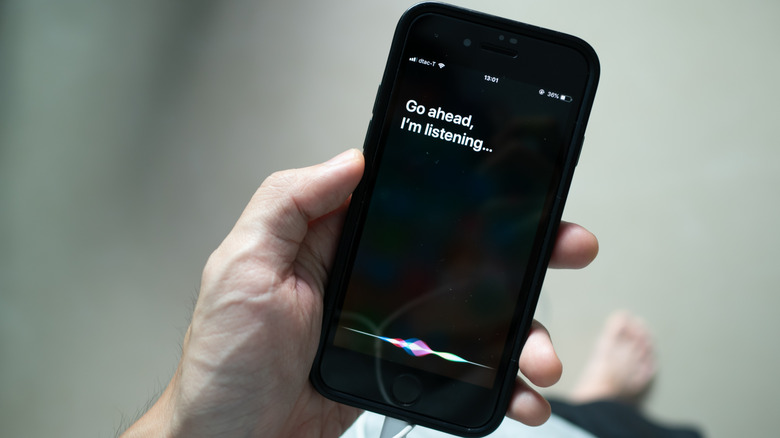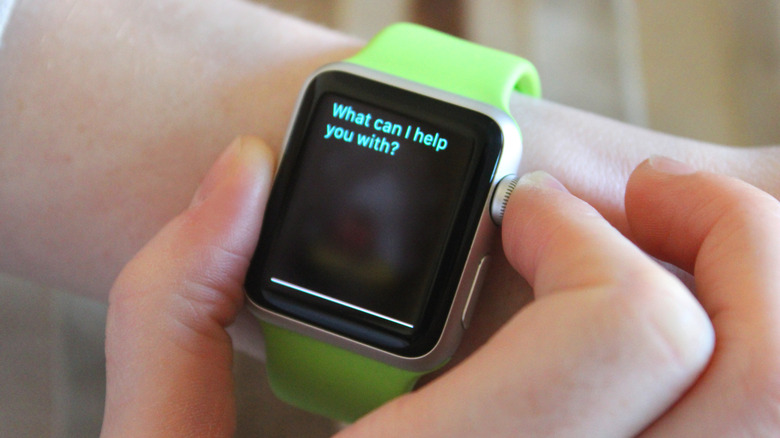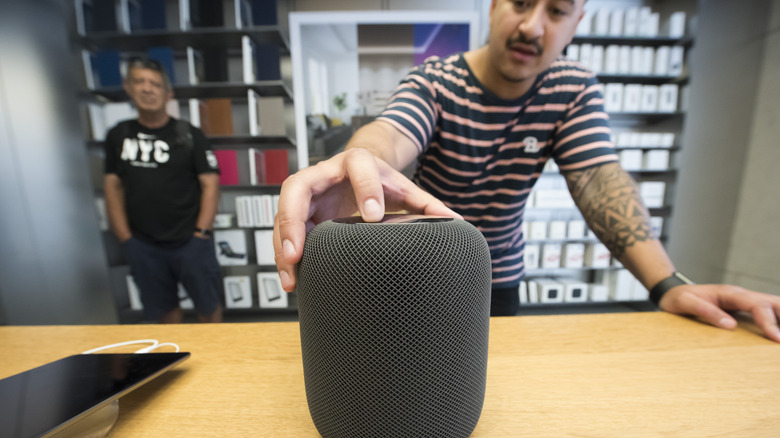You May Be Entitled To A Piece Of Apple's $95M Siri Lawsuit Settlement - Here's How To File A Claim
In January earlier this year, Apple agreed to settle a lawsuit by agreeing to pay $95 million in a case alleging violation of user privacy. At the center of the case was the Siri voice assistant, accused of eavesdropping on conversations of users who owned an Apple device, such as iPhones and iPads, among others. The key argument was that Apple recorded user conversations every time they accidentally activated the voice assistant, and that these recordings were shared with partners for targeted advertising. The lawsuit was filed back in 2019, and it took years of back-and-forth between plaintiffs and Apple to finally settle it in court.
Notably, this was a class-action lawsuit, which means all the people who signed up as supporters of the case based on shared experiences would receive a small sum of the $95 million settlement amount. In this case, some of the class action members allege that following their real-world conversations about restaurants and shoe brands, they saw ads for the specific products they were talking about. In one case, an individual was served an ad for a product that was only privately discussed with their doctor.
The lawsuit was filed after Apple introduced the "Hey Siri" hot word system for summoning the virtual assistant. Over the years, Google and Amazon also followed the same approach for Google Assistant (now Gemini) and Alexa, respectively. Just like Apple, Amazon also found itself in the privacy hot waters over numerous instances where Alexa recorded intimate conversations.
How to file a claim
The lawsuit, which goes by the name Lopez vs Apple, was filed in the district court of California. It covers not just iPhones, but the broad range of Apple products that come with Siri pre-installed, such as iPads, Apple Watches, Macs, HomePod, iPods, or Apple TV models. It is worth noting that Apple has denied any wrongdoing. In order to get a share of the settlement fee, you must be a current or former owner of a Siri-ready device and submit a Claim Form.
You can submit forms for up to five devices and get compensation worth $20 for each device. In a nutshell, a class member can get up to $100 in damages. This is a fluid figure, however. "The amount available to Settlement Class Members will increase or decrease pro rata depending on the total number of valid claims submitted, and Siri Devices claimed," says the website responsible for registration and distribution of the class action settlement amount.
Users who have already received an email or postal material with details such as Claim Identification and Confirmation codes must use the provided information to file their claim. Users who haven't received the class action material can still go ahead and submit their claim. The deadline to file a class action claim is June 2nd, while the final approval session will be held on the first day of August. Users can opt out of receiving the $20 sum, or knock at the court's door to raise an objection, except for requesting a higher payout.
Who is eligible?
As part of the standard class member claim protocols, users must have purchased an Apple device that runs Siri between September 17, 2014 and December 31, 2024. Moreover, they have to agree under oath that they experienced unintended Siri activation on their Apple device and that it happened when they were engaged in personal conversations. "This is the only way to get a payment," says the class action website.
It's somewhat of a surprise that out of a massive $95 million sum, customers are only entitled to a payment worth $20 per device. However, users must also keep in mind the massive number of Siri-enabled devices active in that span. Furthermore, the cost of legal procedures stretching over half a decade are also going to be astronomical, so there's that cut to be set aside first.
Now, before you go ahead and submit a claim, here's something you should keep in mind. If a person receives a share of the settlement amount, they will relinquish their right to legally challenge the company over the same subject in the future. You may join another lawsuit against Apple, but you can't drag Apple to court or file a solo legal challenge against the company over the same set of privacy intrusion claims.
On its end, Apple apologized to its customers back in 2019. Moreover, the company ended a system that allowed advertising partners to listen to Siri voice recordings of customers, adding that it will stop retaining audio logs and will allow customers to opt out of it.


